Regulatory affairs in pharma & clinical research

The Regulatory Affairs (RA) is responsible for obtaining approval for new pharmaceutical products and ensuring that approval is maintained for as long as the company wants to keep the product on the market. The global convergence of regulatory science, technology-driven business decision-making, formation of public policies for safety and efficacy, and evolving regulations are driving demand for regulatory affairs professionals who can facilitate the processes involved in bringing highly regulated products to market.
Certification in Regulatory Affairs

Certification in regulatory affairs will be one of the proven factors for preparing and effectively managing regulatory activities. This unique certification in regulatory affairs is designed to deepen understanding of the global compliance requirements for the development, marketing approval, and utilization of technically complex and highly regulated products, including food, drugs, biologics, and medical devices.
Importance of 21 CFR:
Among these, 21 CFR Part 11 is a U.S. federal regulation specifying FDA guidelines for electronic Records and Signatures. This regulation applies to pharmaceutical companies and medical device manufacturers and requires them to implement controls that ensure the integrity of their documents. The purpose of 21 CFR Part 11 is to ensure the trustworthiness and reliability of such records and signatures. Life Science companies adopt document management and QMS software solutions that comply with 21 CFR Part 11 requirements to ensure compliance.
The regulatory affairs and clinical research certificate is a specialized credential or qualification that individuals can obtain to demonstrate their knowledge and expertise in the field of regulatory affairs.
Certification in Regulatory Affairs Program covers?

This program provides comprehensive training in both clinical research and regulatory affairs. It concentrates on areas such as drug development strategies, regulatory consultation, gap analysis, and dossier submission to applicable regulatory agencies. This certification in regulatory affairs program equips you with the necessary competencies and skills for a successful RA career.
The Certification in Regulatory Affairs acquaints students with the world of medical product regulation and prepares them for roles in regulatory and quality aspects of medical product development.
BCRI (Bangalore Clinical Research Institute) Certificate in Regulatory and Clinical Affairs program is designed to provide specialized education for those looking to develop a systematic understanding of the U.S. regulatory system for medical products. This versatile program allows students to choose among regulatory science courses to customize the program according to their interests in clinical research.
The program covers regulatory requirements and best practices for conducting monitoring clinical trials, including FDA regulations, GCP guidelines, and ethical considerations. The key topics covered during the complete process of certification in regulatory affairs may include protocol development, regulatory submissions, study documentation, Clinical data management, and regulatory compliance.
Career in Regulatory Affairs by FDA:

The FDA offers employment for regulatory affairs in more than 30 distinct disciplines, and opportunities within the industry can be even more varied; among those few are as follows
- Research and development
- Clinical trials management
- Risk management
- Good manufacturing processes
- Quality system regulation
- Domestic and international compliance
- Project management
- Drug safety and efficacy
- Medical writing
- Post-marketing surveillance
Conclusion:
Finally, the Certification in Regulatory Affairs program is ideal for healthcare professionals who are either just entering the field of regulatory affairs or who wish to increase their knowledge and skills to advance to a leadership position. Students will explore the intricacies of drug design and development and prepare to meet FDA and NIH standards.





